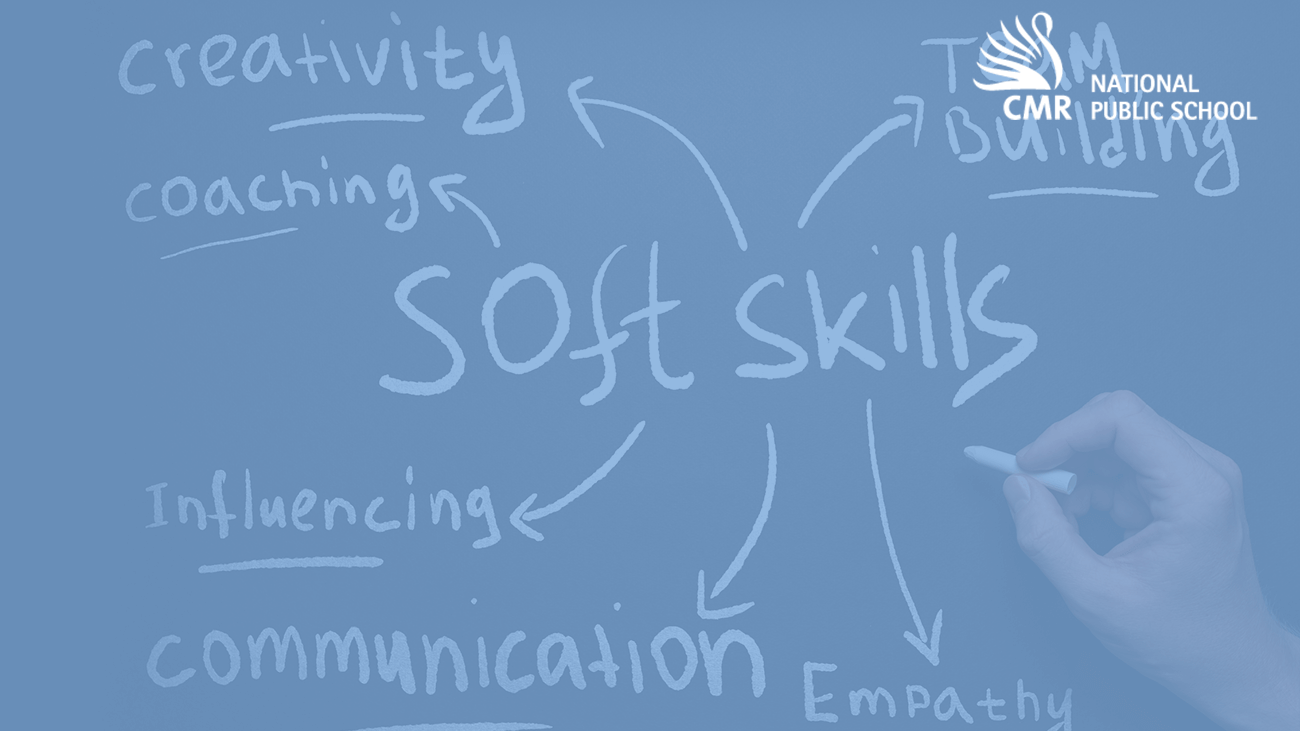Emotions are feelings. It is very important for us to know how to react to these feelings in different situations that we come across in our life. At the same time as being aware of our own feelings, you also need to be aware of those of others. There are several ways that we can tell how others are feeling, but particularly by observing what they say, and how they behave, including their body language.
Research suggests that more than 80% of communication is non-verbal, meaning that it comes from body language and facial expression. Emotions are not consciously controlled. This explains why an emotional response is often quite straightforward, but very powerful: you want to cry, or run away, or shout. Emotions are strongly linked to memory and experience.
Understanding this link to memory and values gives you the key to managing your emotional response. Your emotional responses don’t necessarily have much to do with the current situation, or to reason, but you can overcome them with reason and by being aware of your reactions. Take some time to notice your emotional responses and consider what might be behind them, whether values, memories, or experiences. Therefore the key is to be aware of your emotional response, and understand what might be behind it. So that we can create more positive memories.


